
Stories, ideas, and updates from DGers around the world
The Development Gateway: An IREX Venture blog is where DGers share specific learnings, offer thought-provoking insights, and pose challenging questions for the sustainable development community derived from our work.
Our blog has a deep archive going back to 2005. Each post is a snapshot into our work, priorities, and values.
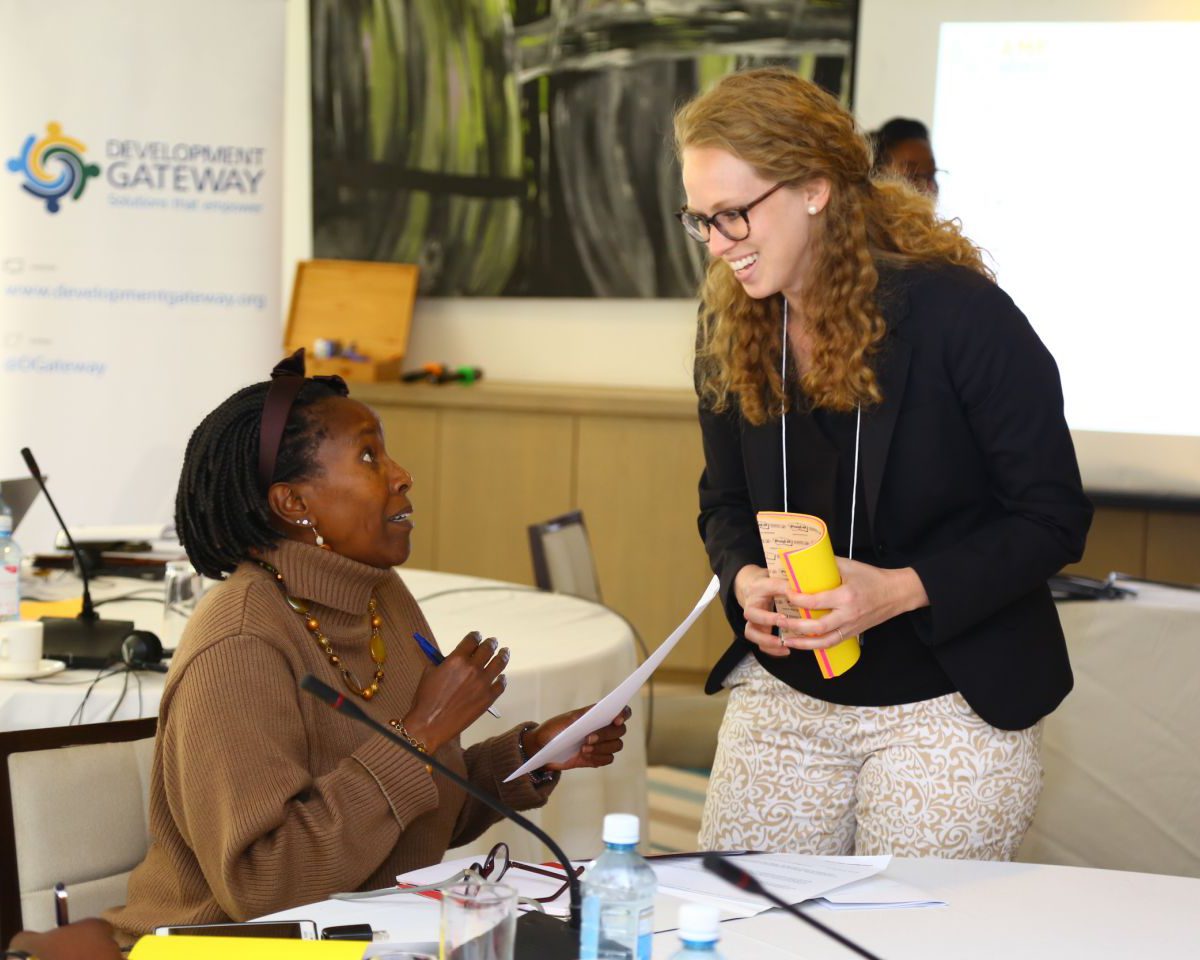
A Short History of AMP Technology
In May 2005, the Government of Ethiopia launched the inaugural Aid Management Platform (AMP). Since then, a community of over 25 partner governments has seen each technical change and enhancement come to fruition, playing a crucial role in shaping each program iteration. Today, we’re providing an overview of AMP’s technical evolution, outlining challenges, opportunities, and lessons learned from building a large-scale, needs-driven product for our partners.
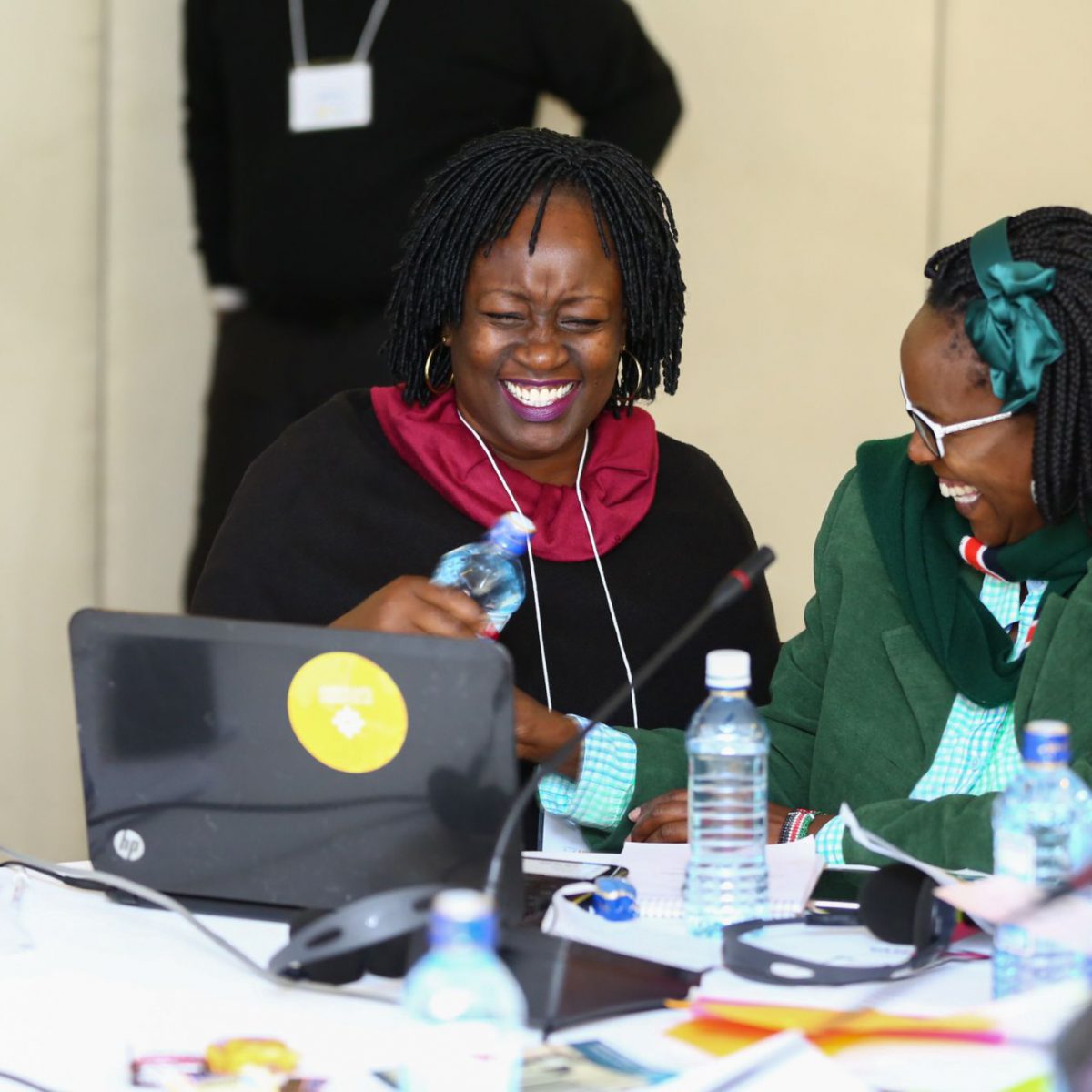
Nurturing a Healthy AMP Ecosystem
Through experience and learning gathered throughout our years of technical implementations, we know well that the ecosystems surrounding tools such as the Aid Management Platform (AMP) are much more critical to tool success than technology itself. In order to create a healthy environment for tools to thrive, several steps – and a consistent effort – are required.

Kim Yi Dionne Joins DG Board of Directors
DG is pleased to announce that Kim Yi Dionne, Assistant Professor of Political Science at UC Riverside, has joined our Board of Directors. “We are thrilled to have Kim join our board, as a creative and influential thought leader who embodies the values we strive for at DG. Kim’s approach of working with communities to understand their needs, amplifying underrepresented voices, and challenging stale thinking will push us to continue to grow and learn as an organization.“ states Josh Powell, DG’s Deputy Chief Executive Officer.
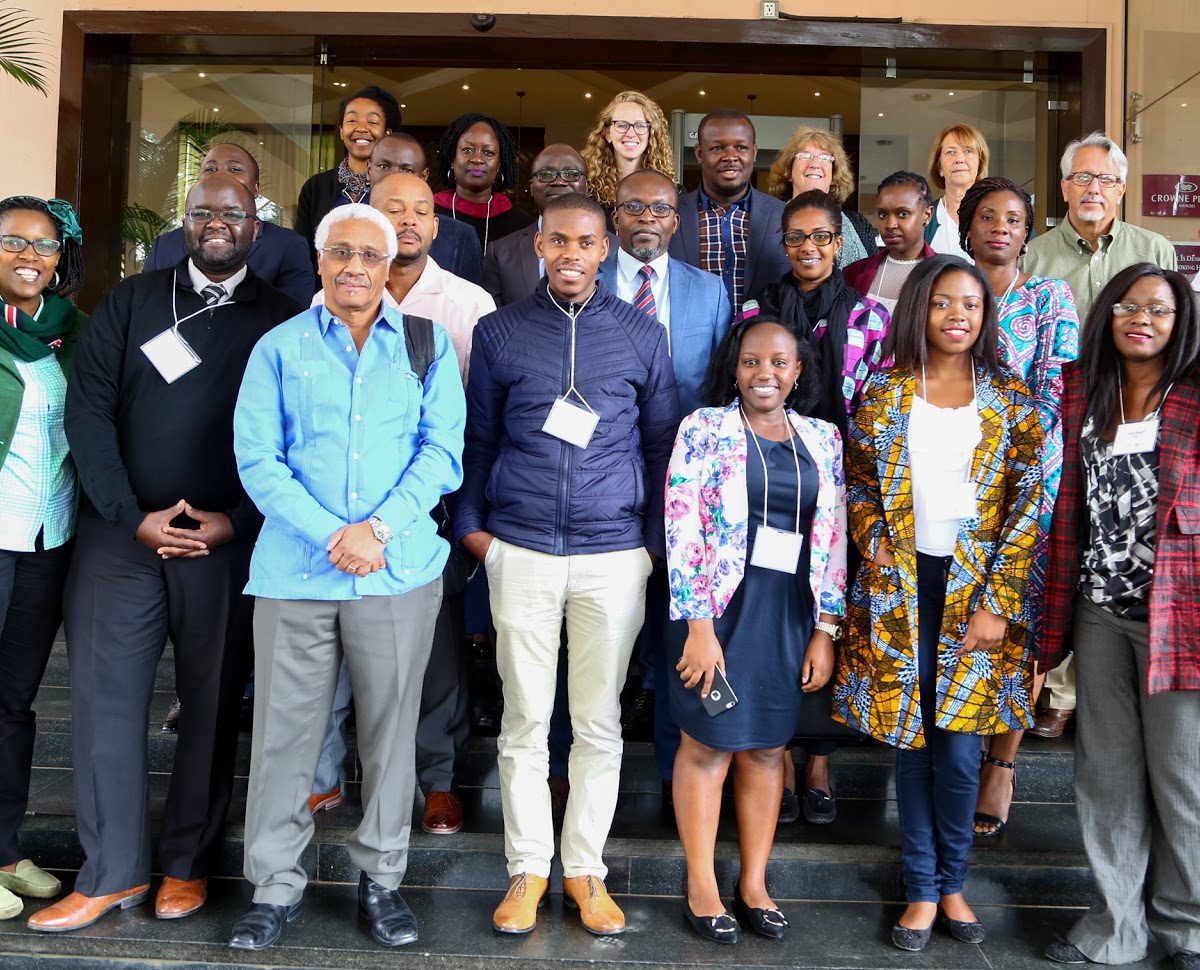
Our Partnership Approach: 15 Years of Sustainable Collaboration in AMP
September 4th, 2018 marks the 10-year anniversary of the adoption the Accra Agenda for Action, promoting the strengthening of partnerships through ownership, inclusive partnership, and delivering results. In advance of this decade long milestone, DG is taking a moment of opportunity to reflect on our own experience – nearly 15 years of implementing the Aid Management Program (AMP) in over 25 countries. As we announced on the heels of our AMP Good Practices Workshop, this blog is the first in a series of posts on the evolution of AMP through 2018.
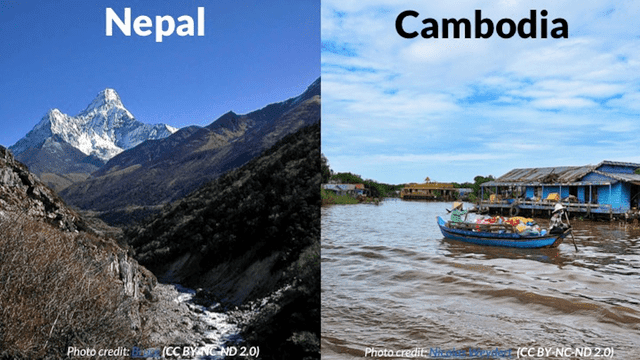
Can Nepal and Cambodia Really Have Common Agricultural Data Standards?
What does data-driven agricultural development in Nepal and Cambodia have in common? To answer this question, Development Gateway and partner Athena Infonomics are implementing the Accelerating Data-Driven Agriculture Development in Cambodia and Nepal Activity – funded by USAID and led by FHI360 through the mSTAR program – to support Feed the Future stakeholders in both countries improve their data interoperability and sharing practices.
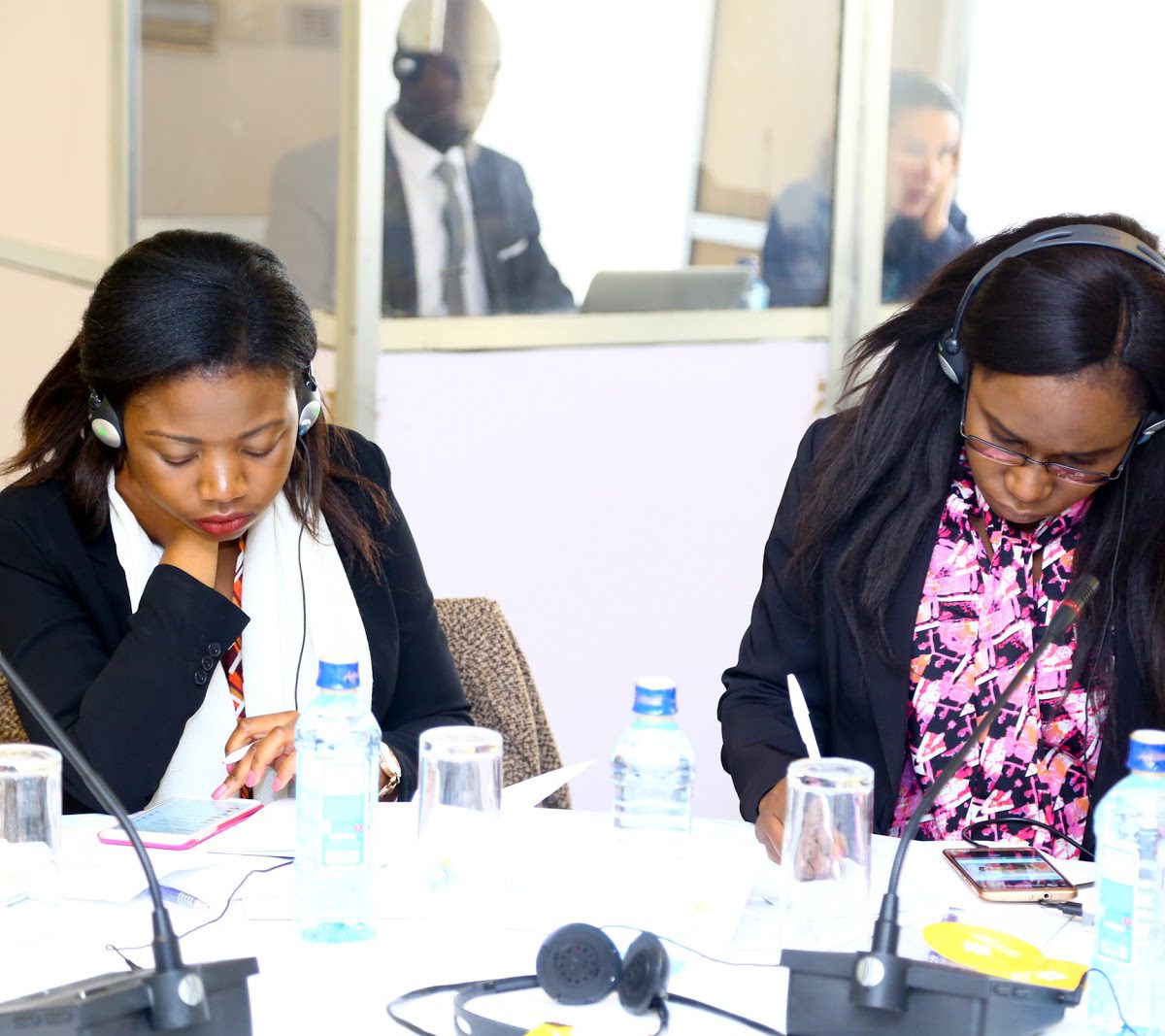
Aligning Challenges and Goals in Nairobi: AMP Workshop 2018
Global significance is often given to the concept of a ‘development expert.’ However, we believe that the best experts are often our partners and clients themselves, who truly understand challenges on the ground, know what works, and know what doesn’t. Through our biennial Aid Management Program (AMP) Good Practices Workshop, we are able to tap into this rich knowledge base, bringing together the experts working on the AMP within each country government.
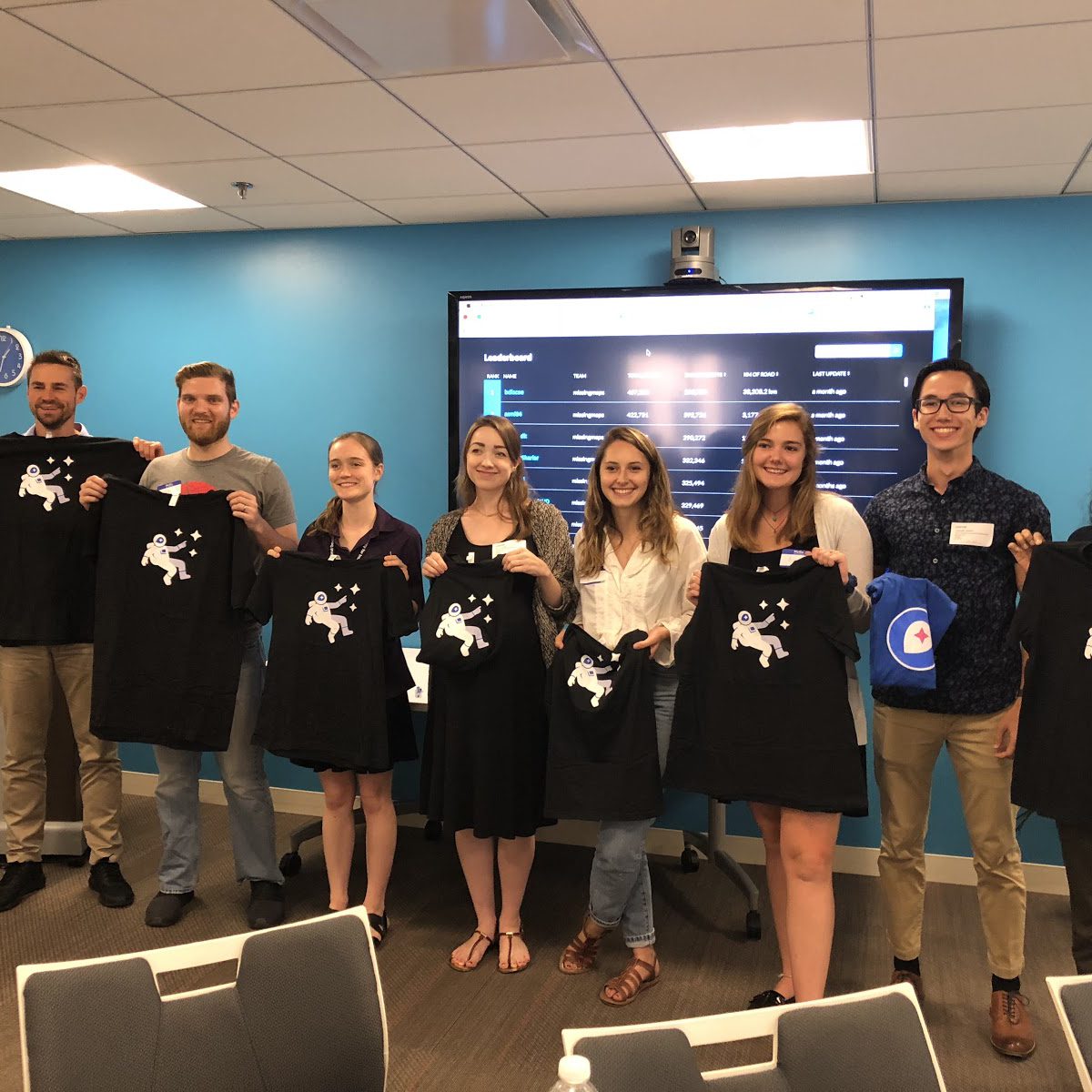
Creating Open Geographic Data for the Fight Against HIV/AIDS
Tremendous progress has been made over the past two decades in the fight against HIV/AIDS in Africa. Citizens are more aware of the virus, medications have been improved, and access to support has increased. In Côte d’Ivoire, a remaining challenge in combating HIV/AIDS is to more effectively target hotspots and to ensure that resources are finding their way to local communities with the greatest needs for prevention and treatment.
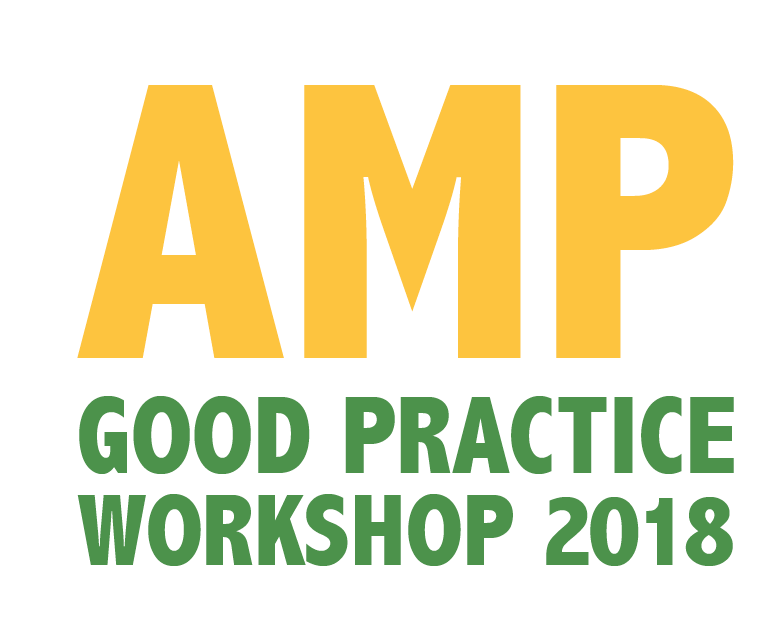
2018 AMP Workshop: How to Simplify and Beautify your Processes
The 2018 Aid Management Program Good Practices Workshop kicks off today in Nairobi, Kenya. We’re looking forward to facilitating open discussion, collaboration, and learning from the 7 country governments and many different types of AMP users that have gathered at the Workshop. This week, we hope to facilitate collaboration across countries, and to gain insight from your shared experiences.
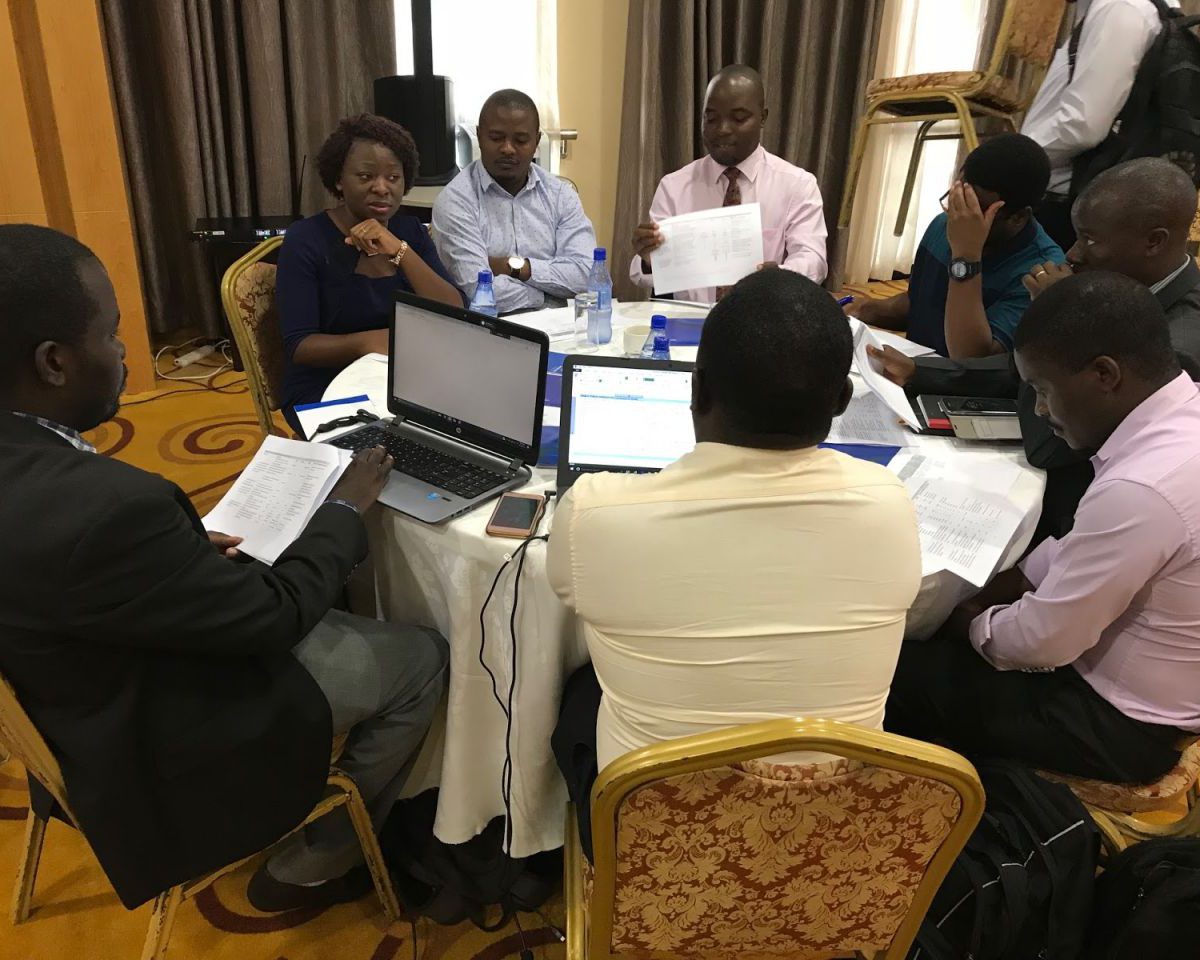
Challenging Assumptions: Lessons from Designing User-Centric Tools in Malawi
What does it take to design a platform to collect, manage, and analyze a country’s agricultural information? Ideally, a significant amount of time to speak with key data producers and intended data users to understand needs and achieve buy-in. But, as was our experience in Malawi, – it also requires a fair amount of humility and iteration.
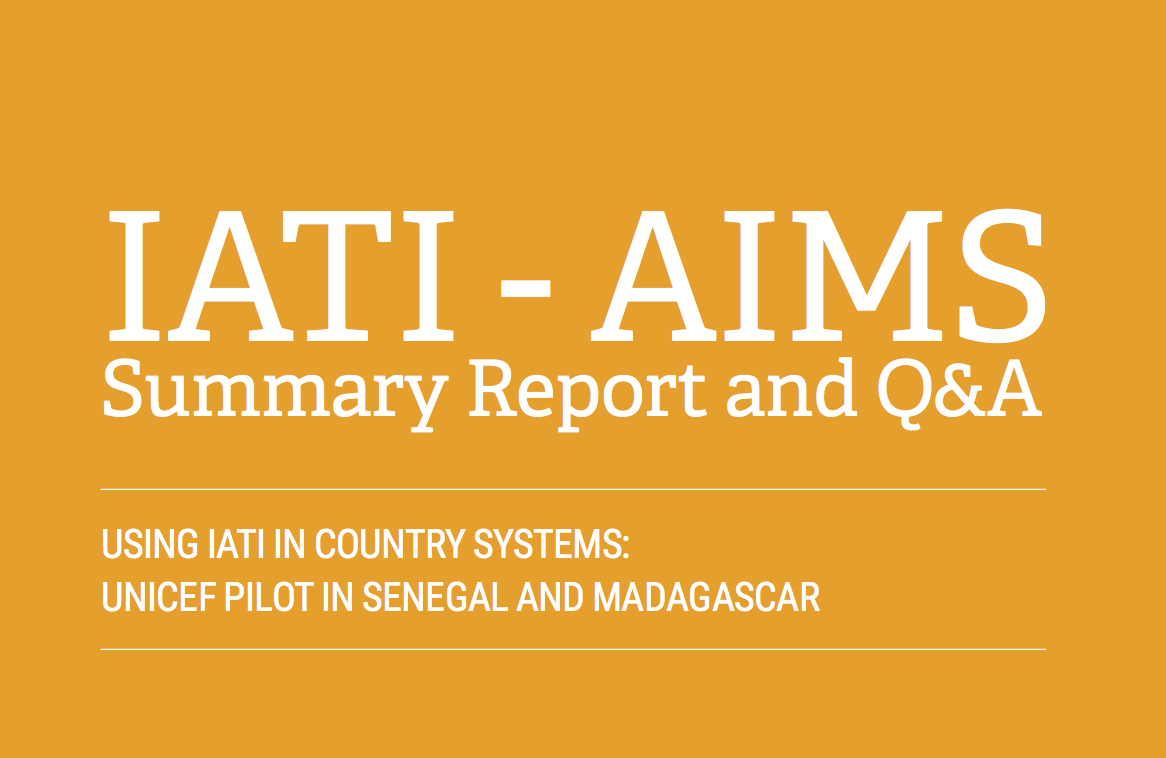
Did We Make the “Publish Once” Dream a Reality?
One of the central hopes of the IATI initiative was to “make the publish once dream a reality.” We’ve recently concluded work with UNICEF and Development Initiatives, seeking to help UNICEF achieve this dream, and publish their IATI data to country level systems. So did we do it? Did we make the dream a reality?